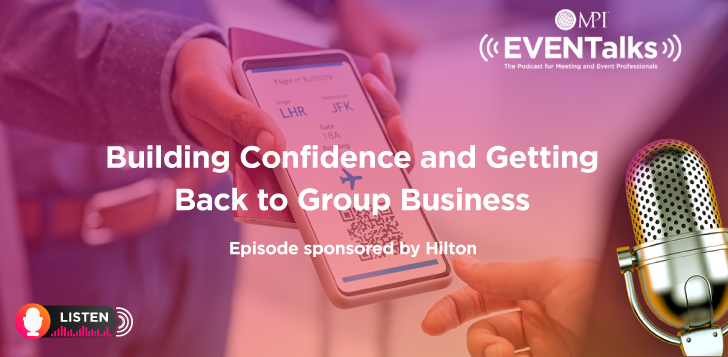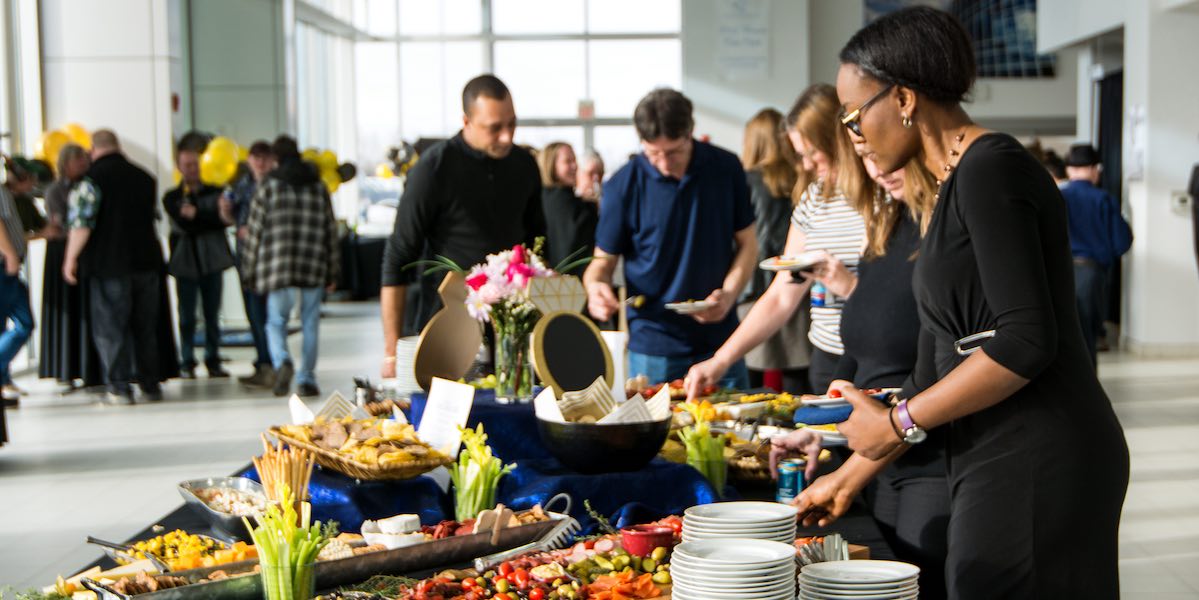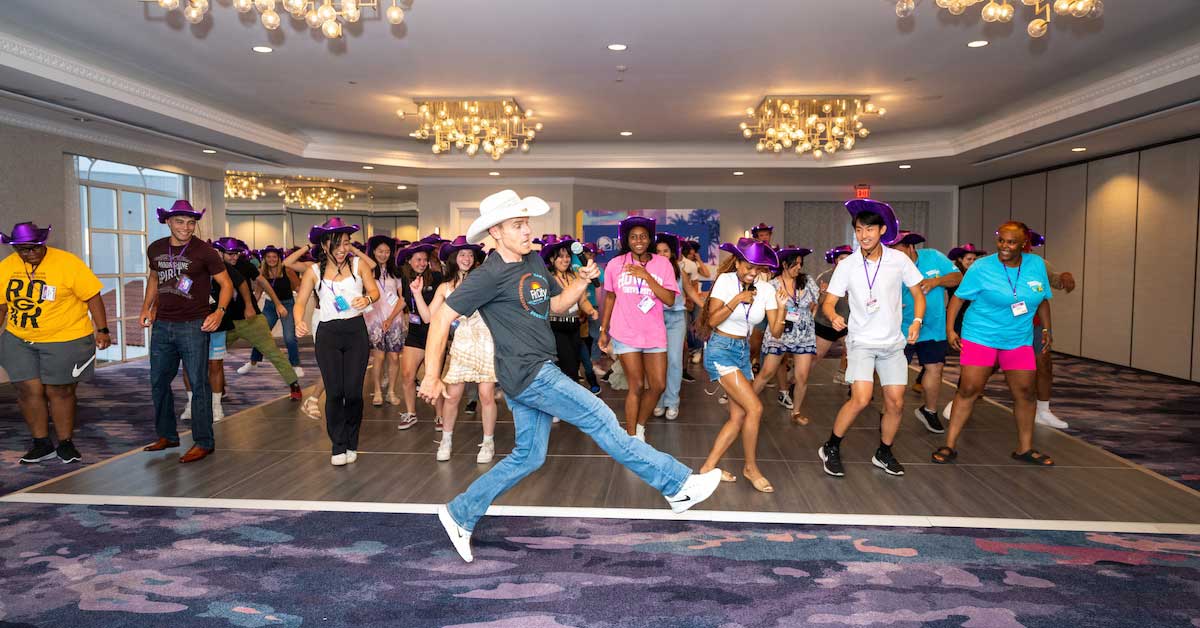Preparing meeting and event industry professionals for the business landscape of tomorrow has been the No. 1 goal behind MPI's quarterly Meetings Outlook report ever since its inception more than seven years ago.
The SARS-CoV-2 pandemic has, of course, shaken up the near-future business needs of people throughout our industry. For instance, in the fall 2021 Meetings Outlook report—published in the November issue of The Meeting Professional—37% of respondents said they were finding it difficult to fill job vacancies with suitably skilled staff. That’s up slightly from the previous quarter in which 29% said the same. (Respondents indicating uncertainty about whether or not their organization is having hiring difficulty remained consistent, around 21% for each of those quarters.)
Keep in mind, the staffing equation is more complicated than just workers needing new skills to adapt to COVID safety protocols or to become better acquainted with virtual and hybrid planning and execution. However, as the adage goes, it’s best to only worry about that which you can control or affect change. In this instance, new and updated professional development for meeting pros is something upon which individuals, organizations and associations can all directly induce some degree of change.

The good news is that, overall, the majority of Meetings Outlook respondents (64%) believe the education necessary to prepare for the role of tomorrow’s meeting professionals is readily available. There was a slight variance in survey results when comparing planners and suppliers (63% and 65% answered in the affirmative, respectively). With 24% of respondents indicating uncertainty about this topic, a mere 12% believe the necessary education is not, at this time, readily available.
“The education seems to be readily available,” says Crystal Chism, HMCC, senior sales executive, Walt Disney World Swan and Dolphin.
Based in Georgia, Chism notes that her local MPI chapter helps a great deal to connect members with needed study groups, professional development courses and certifications.
“I received my Healthcare Meeting Compliance Certificate (HMCC) from MPI and this is where I will always look when I have a need for new education or certifications,” she says.
Chism does point out, however, that challenges remain for many seeking to update existing skills or learn new ones.
“Education that has a hard cost, though readily available, may not be an option for many [who may be struggling due to the pandemic],” she says, adding that there are still quite a few scholarships—including from MPI chapters and the MPI Foundation—for professionals unable to afford continuing education. “Many hotels are experiencing significant costs for PPE while group business has drastically declined, and as a result cannot fund the continuing education for their associates as they have in the past.”
On the planner side, Chism says her peers are experiencing virtual meeting fatigue, feeling taxed and unsure of their abilities.
“They feel called upon to learn a new job in addition to the job they signed up to do,” she says. “Many are unhappy and considering other potential career paths as the hesitancy to return to face-to-face meetings continues to plague our industry. Knowing this, I believe it is important to our industry to find more education to help these planners understand how to navigate the virtual world with more confidence and less stress. If 2023 truly is the year we can expect markets to fully recover, our planners have another year to weather this stress.” (Indeed, data from the latest Meetings Outlook found that 35% of respondents anticipate a return to pre-pandemic business in 2023—this is later than was predicted in this summer’s survey, but roughly on par with expectations from the spring survey.)
But which skills will meeting pros most need to learn or expand upon to be competitive in the industry’s future? Given 11 topical buckets from which to choose, Meetings Outlook respondents expressed the greatest concern for and/or interest in technology design/programming (54%); creativity, originality and initiative (43%); and event design and architecture (35%). (See sidebar for full results and planner-supplier comparisons.)
For her own development during the pandemic, Chism earned a Cvent certification and wanted to work on the CMP but hasn’t been able to fit that into her schedule just yet. While she believes that designations and certifications may not always be necessary, “when an individual has them and applies for a job, I believe it shows deep commitment to our industry.”
To read the rest of this article--along with important data points--and download the full ebook Future Skills: A Guide for Defining the Successful Meeting Professional in the New Normal at no cost.



.jpeg?sfvrsn=96553155_2)



